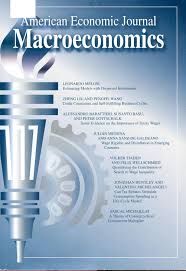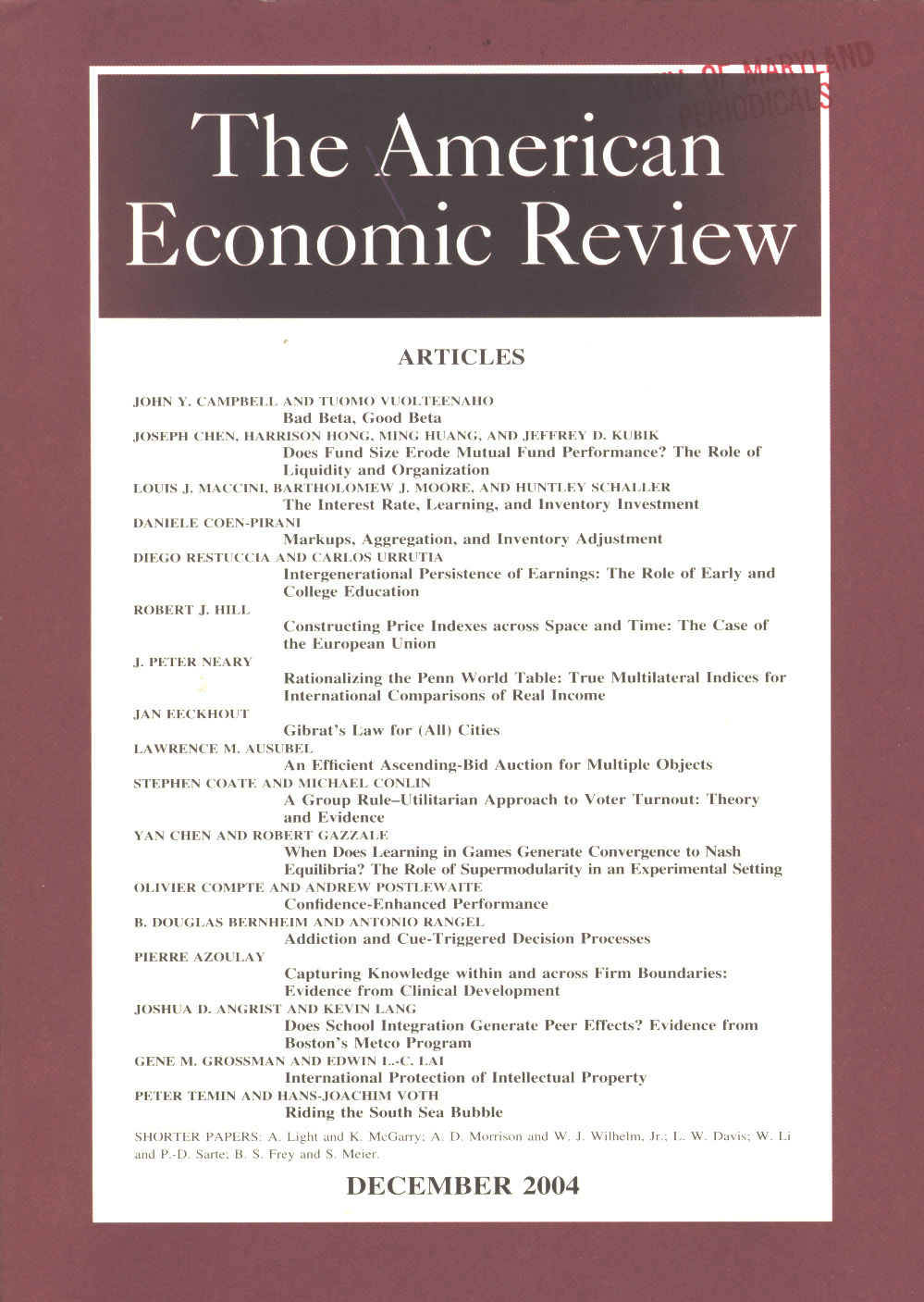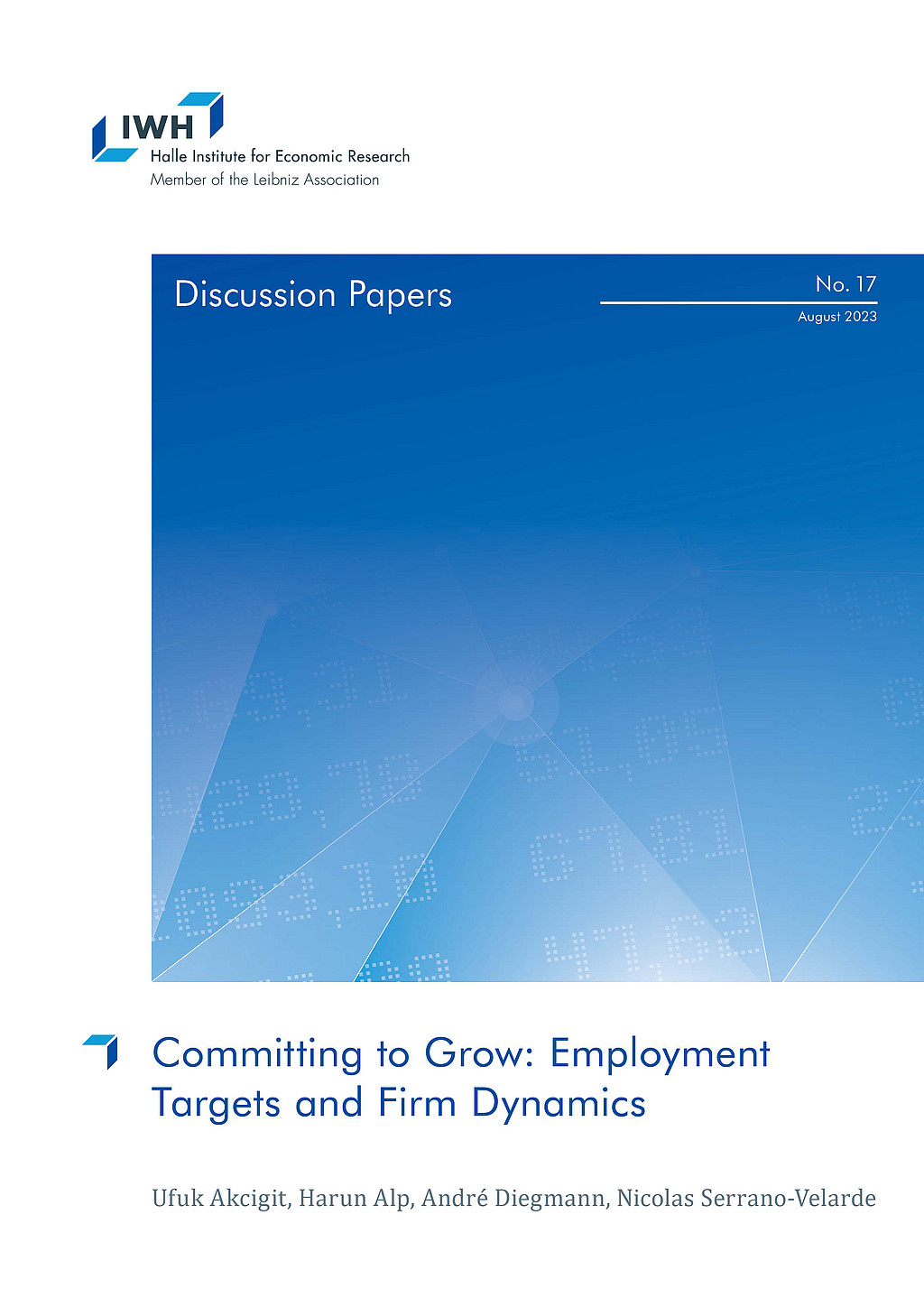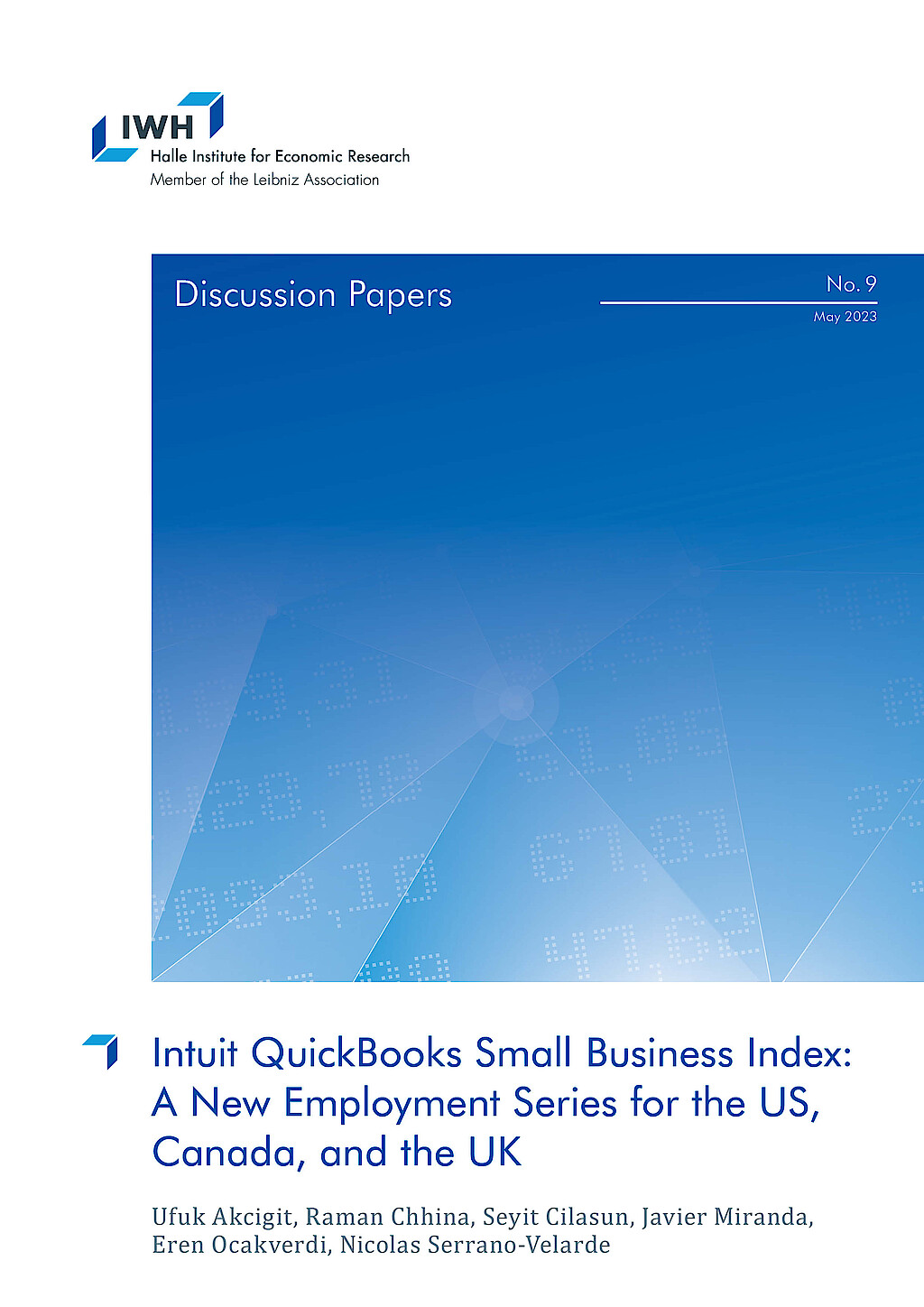Professor Ufuk Akcigit, Ph.D.

Aktuelle Position
seit 1/20
Forschungsprofessor
Leiter der Forschungsgruppe Ökonomische Unterschiede zwischen Ost- und Westdeutschland
Leibniz-Institut für Wirtschaftsforschung Halle (IWH)
seit 8/19
Professor für Volkswirtschaftslehre
University of Chicago
seit 9/21
Fellow
Econometric Society
Forschungsschwerpunkte
- Makroökonomik
- Wirtschaftswachstum
- Firmendynamik
- Innovation
- Entrepreneurship
Als Träger des Max-Planck-Humboldt-Forschungspreises ist Ufuk Akcigit seit Januar 2020 Forschungsprofessor am IWH. Seine Forschungsschwerpunkte liegen in den Bereichen Makroökonomik, Wachstum, Firmendynamik, Innovation und Entrepreneurship.
Ufuk Akcigit ist Professor für Economics an der University of Chicago und Fellow bei der Econometric Society. Er wurde am Massachusetts Institute of Technology (MIT) promoviert.










